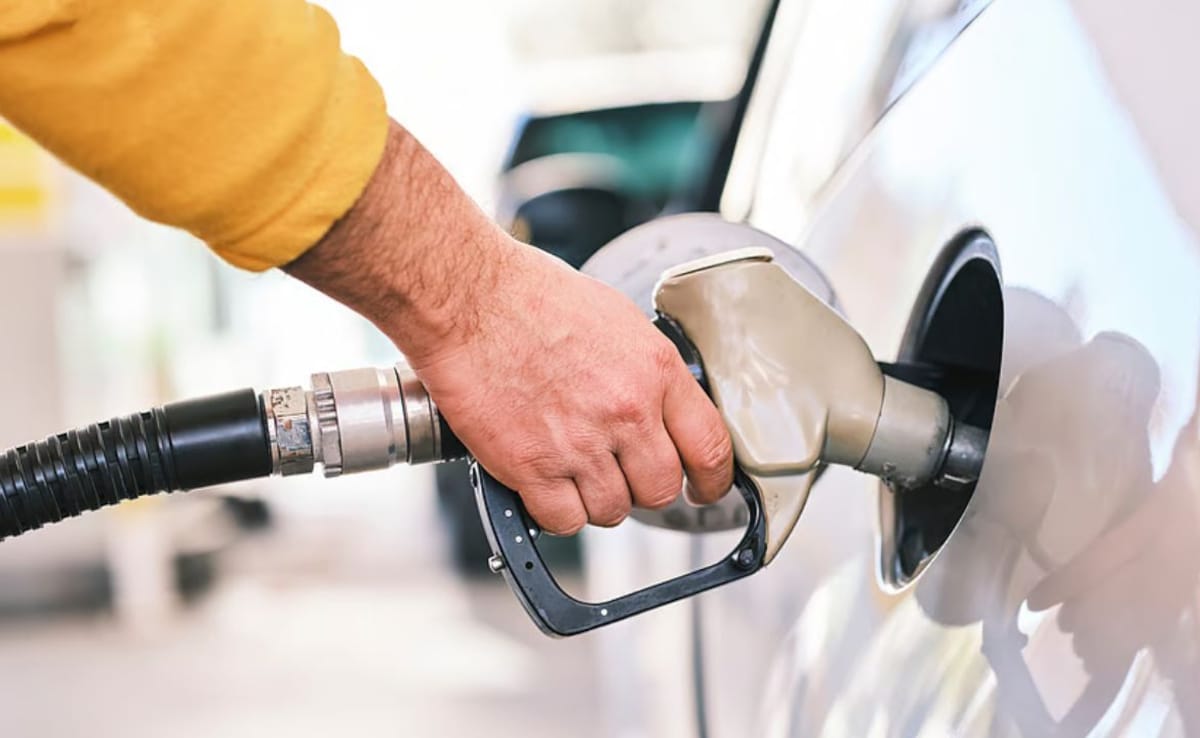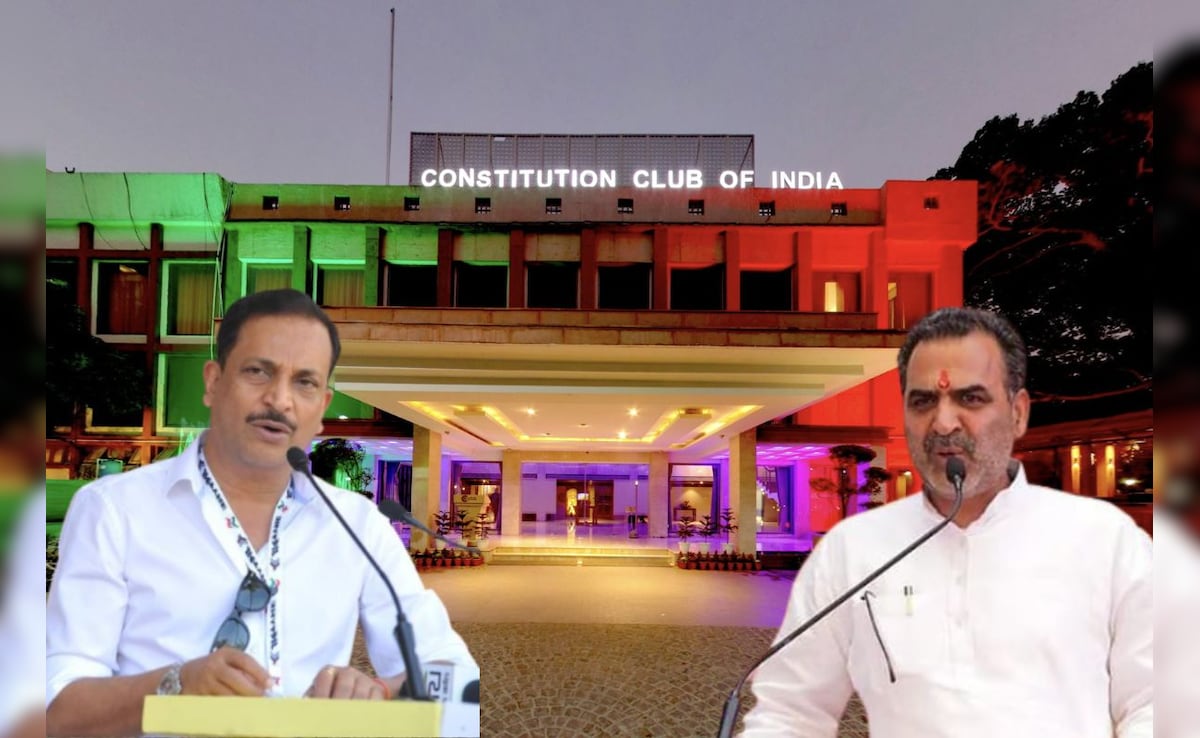Amid a backlash over the introduction of 20% ethanol-blended petrol (E20), the Centre has not only emphasised that the move will help reduce pollution and save money on oil imports, but also said that the formulation leads to better acceleration and even ride quality.
On claims that mileage has taken a significant hit because of E20 petrol, the Ministry of Petroleum and Natural Gas said they had been anticipated as far back as 2020. Mileage, it also said, is influenced by several factors, including driving habits, maintenance, tyre pressure and “air conditioning load”.
Several car owners have complained that E20 petrol has led to a noticeable drop in mileage and pointed out that it can cause component failures in vehicles with engines that are not tuned for the increased ethanol content.
In a detailed statement issued on Tuesday, the Ministry of Petroleum and Natural Gas said moving to E20 fuel is part of India’s commitment to meeting its climate goals and achieving net zero emissions by 2070.
“A study on life cycle emissions of Ethanol done by NITI Aayog has said that GHG (greenhouse gas) emissions in case of use of sugarcane and maize based Ethanol are less by 65% and 50%, respectively than those of petrol,” the ministry said.
Stressing that the rural economy has seen transformative benefits because of the move, the ministry also said that increasing the incomes of farmers has helped curb farmer suicides.
“More income to farmers has not only contributed to furthering their well-being but has also helped decisively tackle the challenge of suicides by farmers. It may be recalled that in areas like Vidarbha, farmer suicides were widespread a few years ago,” it said.
Highlighting another key benefit, it added, “During the last eleven years from Ethanol Supply Year (ESY) 2014-15 to ESY 2024-25 upto July 2025, Ethanol blending in Petrol by Public Sector Oil Marketing Companies (OMCs) has resulted in savings/conservation of more than Rs.1,44,087 crore of foreign exchange, crude oil substitution of about 245 lakh metric tonnes providing crucial energy security and CO2 emission reduction of approximately 736 lakh metric tonnes, the equivalent of planting 30 crore trees. At 20% blending, it is expected that payment to the farmers in this year alone will be to the tune of Rs 40,000 crore and forex savings will be around Rs 43,000 crores.”
Mileage
Addressing mileage and performance concerns, the ministry said they had been anticipated in 2020, and the government and an Inter-Ministerial Committee of the NITI Aayog had examined them at length in 2020.
“The use of E-20 gives better acceleration, better ride quality and most importantly, lowered carbon emissions by approximately 30% as compared to E10 fuel. Ethanol’s higher-octane number (approximately 108.5 compared to petrol’s 84.4) makes Ethanol-blended fuels a valuable alternative for higher-octane requirements that is crucial for modern high-compression engines,” it said.
Better acceleration, it added, is very important for driving in the city. “Vehicles tuned for E20 deliver better acceleration, which is a very important factor in city driving conditions. Additionally, Ethanol’s higher heat of vaporisation reduces intake manifold temperatures, increasing air-fuel mixture density and boosting volumetric efficiency,” the ministry said in the statement.
Terming claims of a drastic reduction in fuel efficiency “misplaced”, the ministry said, “Vehicle mileage is influenced by a variety of factors beyond just fuel type. These include driving habits, maintenance practices such as oil changes and air filter cleanliness, tyre pressure and alignment, and even air conditioning load.”
“Extensive discussions have been carried out with the Society of Indian Automobile Manufacturers (SIAM) as well as prominent manufacturers of vehicles. The efficiency drop (if any) in E10 vehicles has been marginal. For some manufacturers, vehicles have been E20 compatible from as far back as 2009. The question of any drop in fuel efficiency in such vehicles does not arise,” it added.




